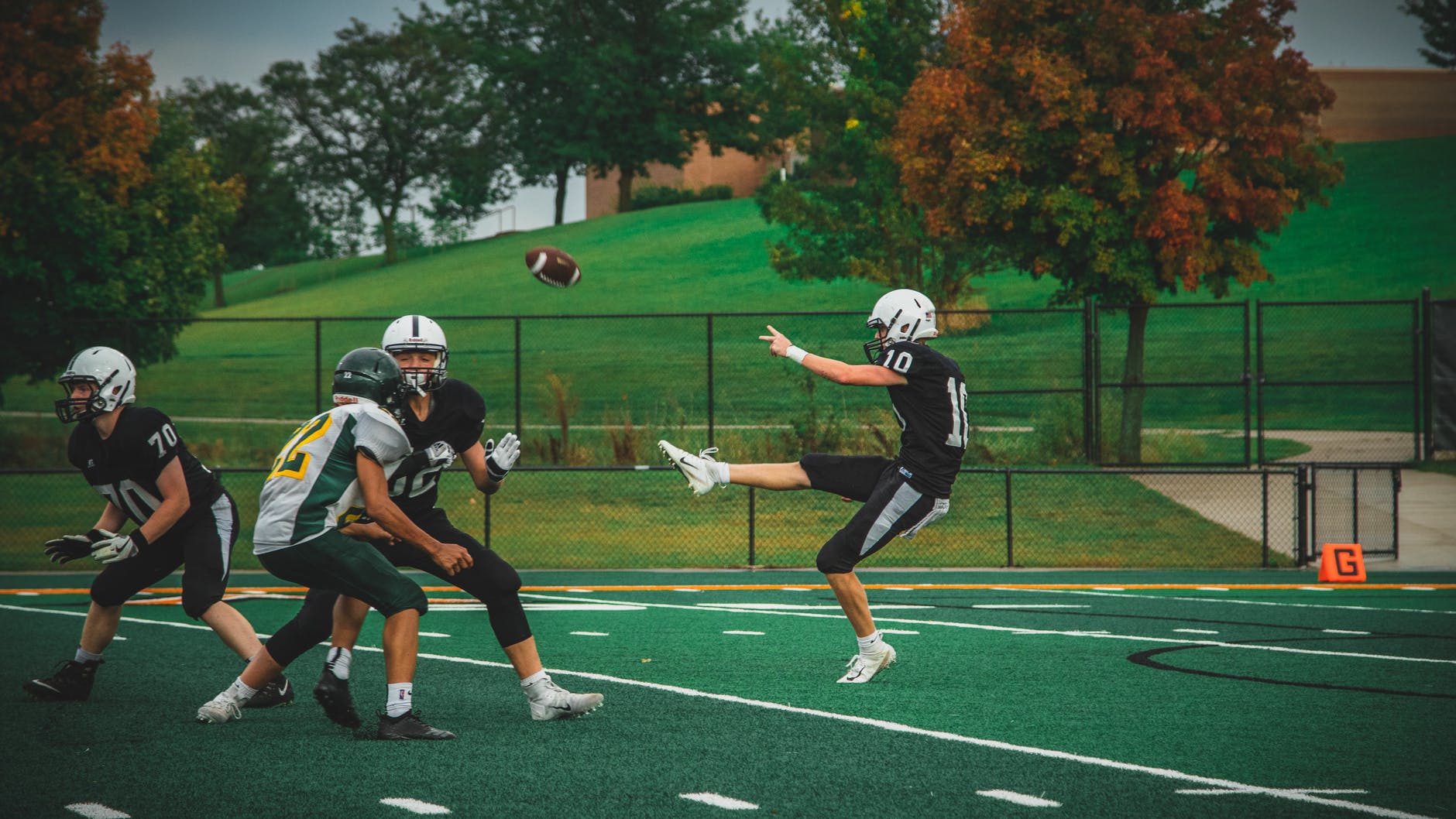The Supreme Court announced Wednesday it will take up a dispute between the National Collegiate Athletic Association (NCAA) and a group of student athletes to decide whether the association’s rules restricting compensation for athletes are in violation of antitrust laws.
The court will hear the appeal by the NCAA — an association comprising over 1,200 schools and conferences that sets the rules for college athletics — in 2021. The decision, expected by June, could have serious repercussions for college athletics.
The case dates back to 2014 when West Virginia former running back Shawn Alston and his attorneys filed a lawsuit against NCAA alleging the association’s rules limit the compensation received by athletes in violation of antitrust law. Following that, several players so far have challenged the rules set by NCAA and other athletic conferences restricting student-athlete compensation.
Will the Tide Turn?
The NCAA’s appeal has already been heard by the 9th US Circuit Court of Appeals which ruled in favor of the athletes, finding the NCAA limits on education-related benefits unfair and anti-competitive under antitrust law.
NCAA chief legal officer Donald Remy said, “It is critical for the Supreme Court to address the consequential legal errors in this case so that college sports can be governed, not by the courts, but by those who interact with and lead students every day.”
The Supreme Court will hear this petition jointly with another petition on preserving the amateur status of college sports which allows the NCAA to avoid having to pay athletes more than their current compensation.
College athletes’ rights should not be on a knife’s edge at the Supreme Court. NCAA’s failed policies on compensation, education, & equity are unacceptable & unjust. Students fought hard for reform—@SenBooker & I will act to finally secure their rights. https://t.co/ndseAyjbTG
— Richard Blumenthal (@SenBlumenthal) December 16, 2020
In another progressive move for those advocating for greater pay in college athletics, the Michigan Senate passed a bill allowing college athletes to earn through the use of their names, images, or other rights. However, the proposal is still set for final approval in January.
Are Student Athletes Underpaid?
Although the college sports industry has boomed since the early 2000s, student athletes do not receive a share in the profits.
Timothy Nevius, a sports attorney and college athlete advocate with the College Athlete Advocacy Initiative explained how “Talented athletes have to skip playing college sports in order to pursue other careers or migrate to overseas sporting markets where they have the ability to be paid.”
According to the NCAA, most student athletes do not receive full scholarships and only get a portion of tuition, room, and board.



